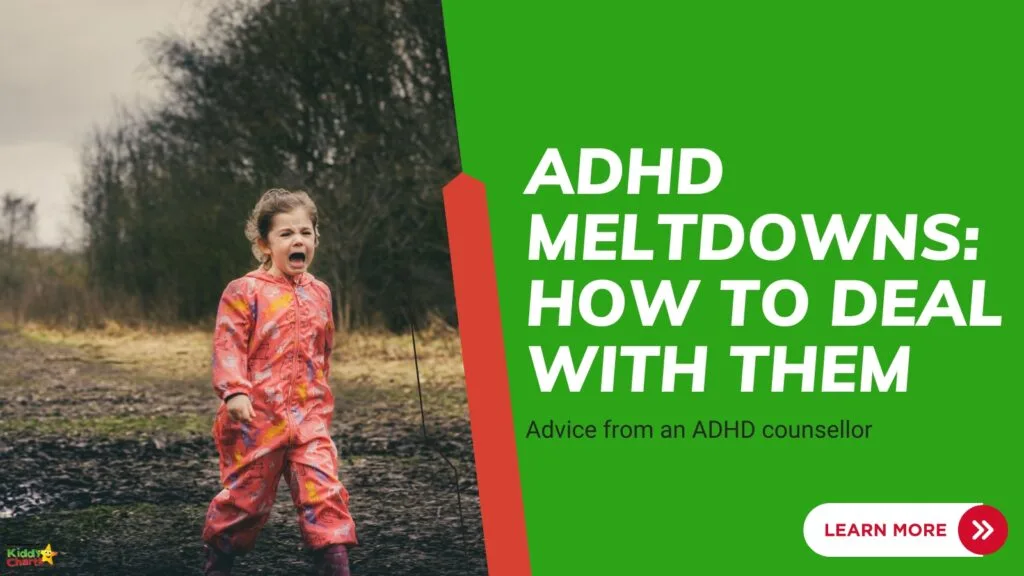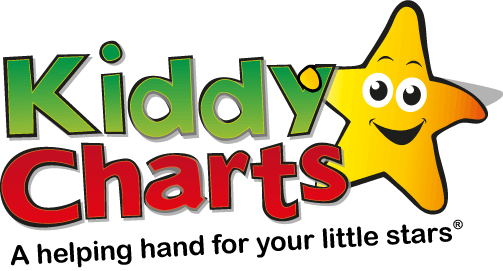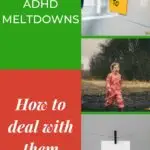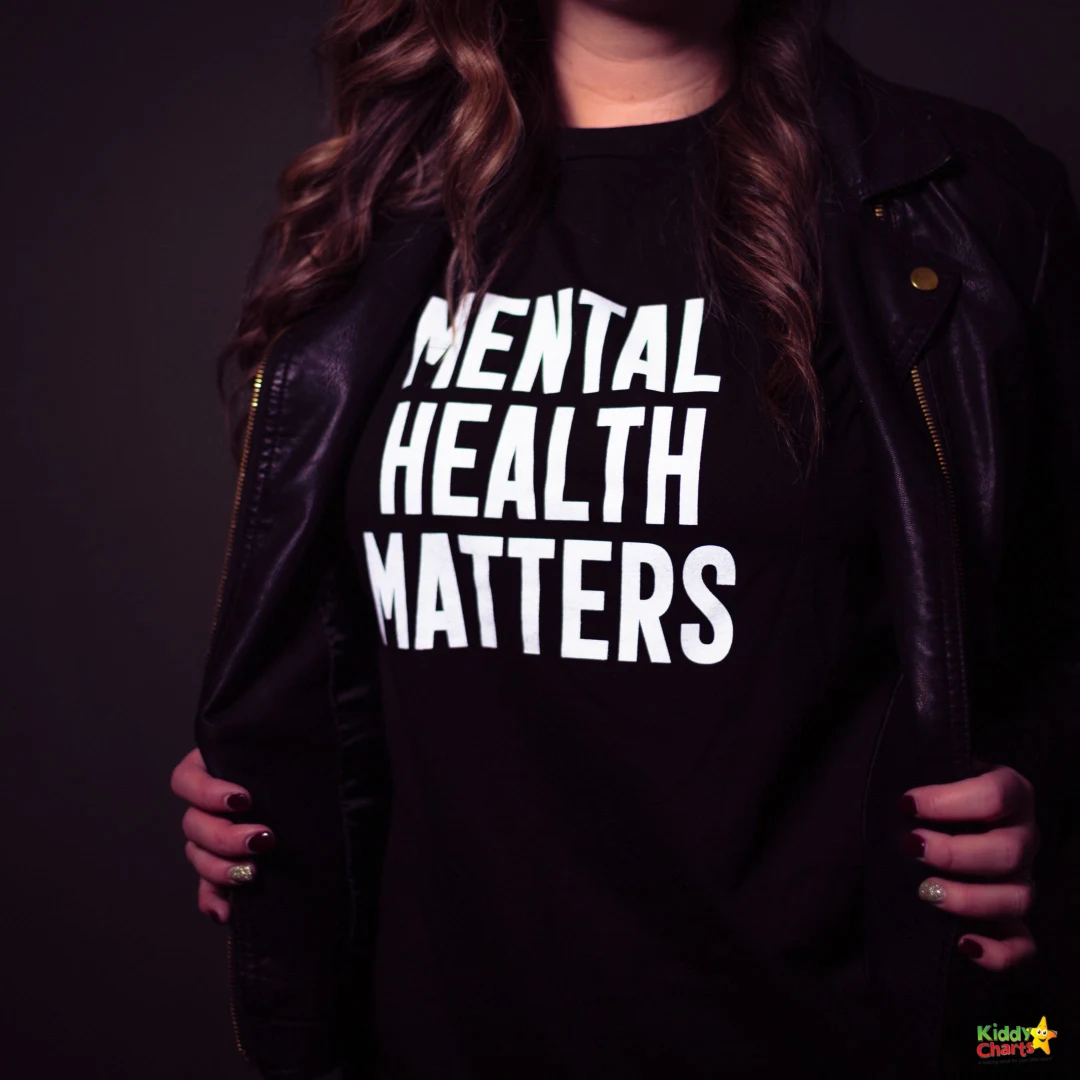We have another article today on ADHD, as part of our series of ADHD resources for parents and teachers from Sarah Templeton, who owns Headstuff ADHD Therapy. Sarah is helping us to understand ADHD meltdowns and how to deal with them.
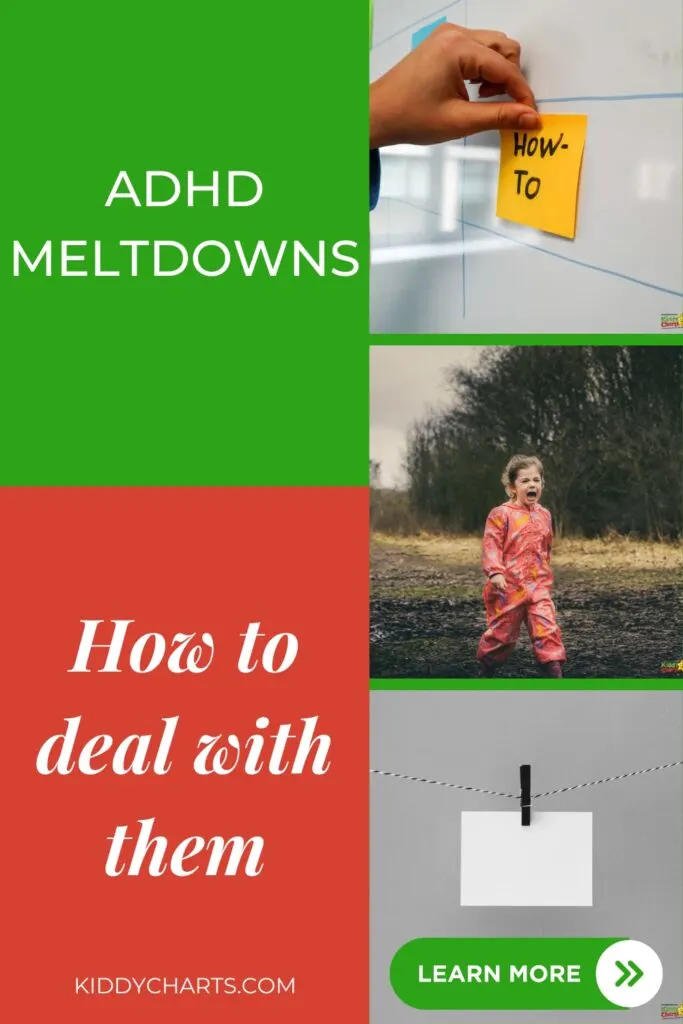
Why ADHD meltdowns are not just tantrums
Meltdown is a word you will find used often, particularly in relation to ADHD children. Before we work out how to handle them, it’s extremely important we know why they happen and what a meltdown really is.
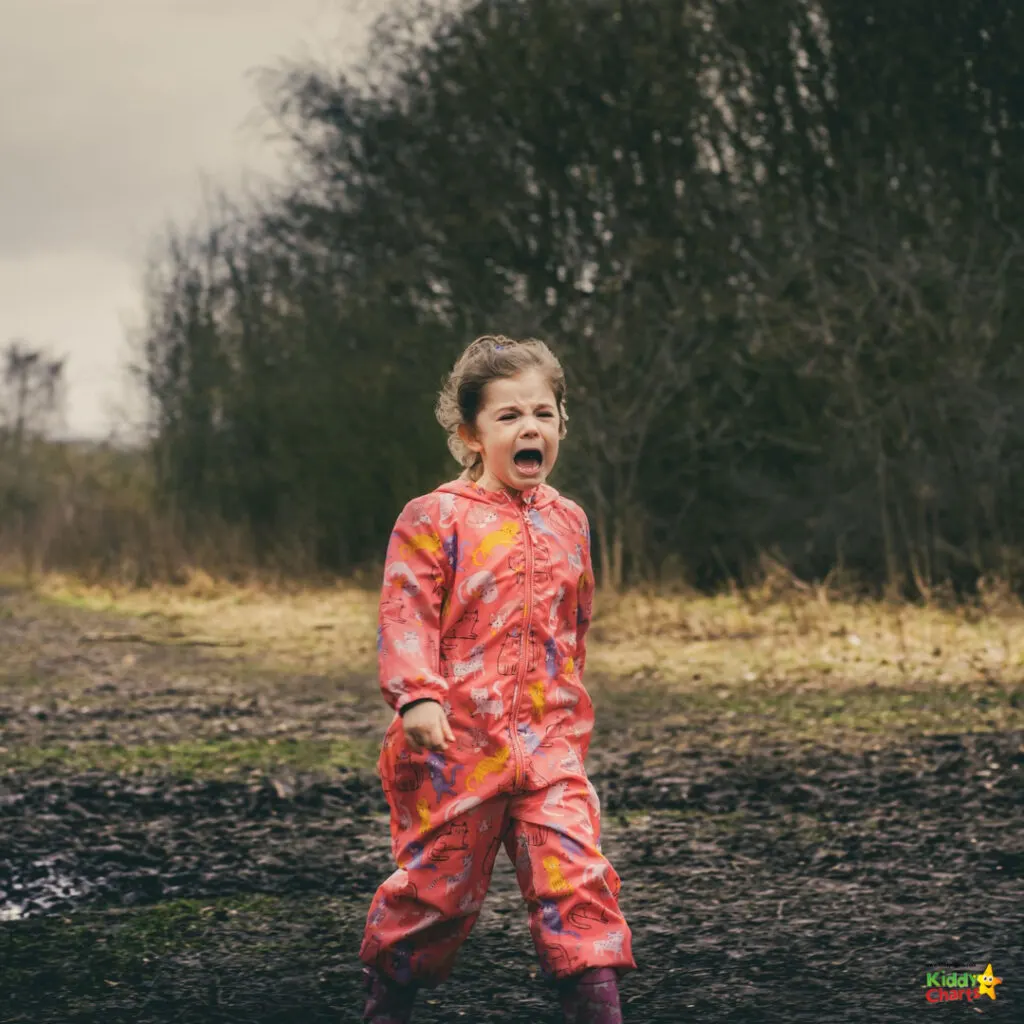
Officially a meltdown is when a child’s brain becomes overloaded and they can’t cope. Usually this is to do with emotions that are flooding their brain. ADHD children have an emotionally dysregulated brain which means their brain literally cannot manage emotions as well as a neurotypical child.
So, the first thing we need to dispense with is thinking that a meltdown is simply bad behaviour, a paddy, a tantrum, a sign of bad parenting or an immature child. Meltdowns can be anything from the mild to the very severe, and if your child has ADHD, it’s just something you are going to need to accept is very probably going to happen and may well be more prevalent during their teens and puberty years, when their emotions will be more dysregulated than at any other time in their life.
Why ADHD kids can have meltdowns: Understanding triggers and emotional overload.
ADHD brains can get flooded with just about every emotion you can think of but some of the very common ones that cause a meltdown will be overwhelm, anger, frustration, irritation, jealousy and boredom.

We also have to consider which ADHD traits will play a part in causing a child to feel strong emotion. There are a good few to choose from ~
- Always wanting their own way
- Not liking being told what to do
- Always wanting to be in charge
- Risk-taking
- Thrill-seeking
- Pushing boundaries
- Having no respect for authority
- Having a heightened sense of justice
- Nothing ever being enough
- Boredom, causing irritation and frustration
There are more, but that gives you a good taste of why ADHD kids can feel very strong emotions.
A meltdown usually happens when the child cannot control their emotions for any number of reasons and nearly always, because they feel overwhelmed and don’t know how to manage a situation.
Understanding meltdowns
The obvious answer is to throw yourself on the floor and start kicking and screaming isn’t it! Not all meltdowns look like this, but a lot of them do. It’s literally a sign of the child not knowing how to communicate what is going on in their head and not knowing how to manage the situation they are currently facing.
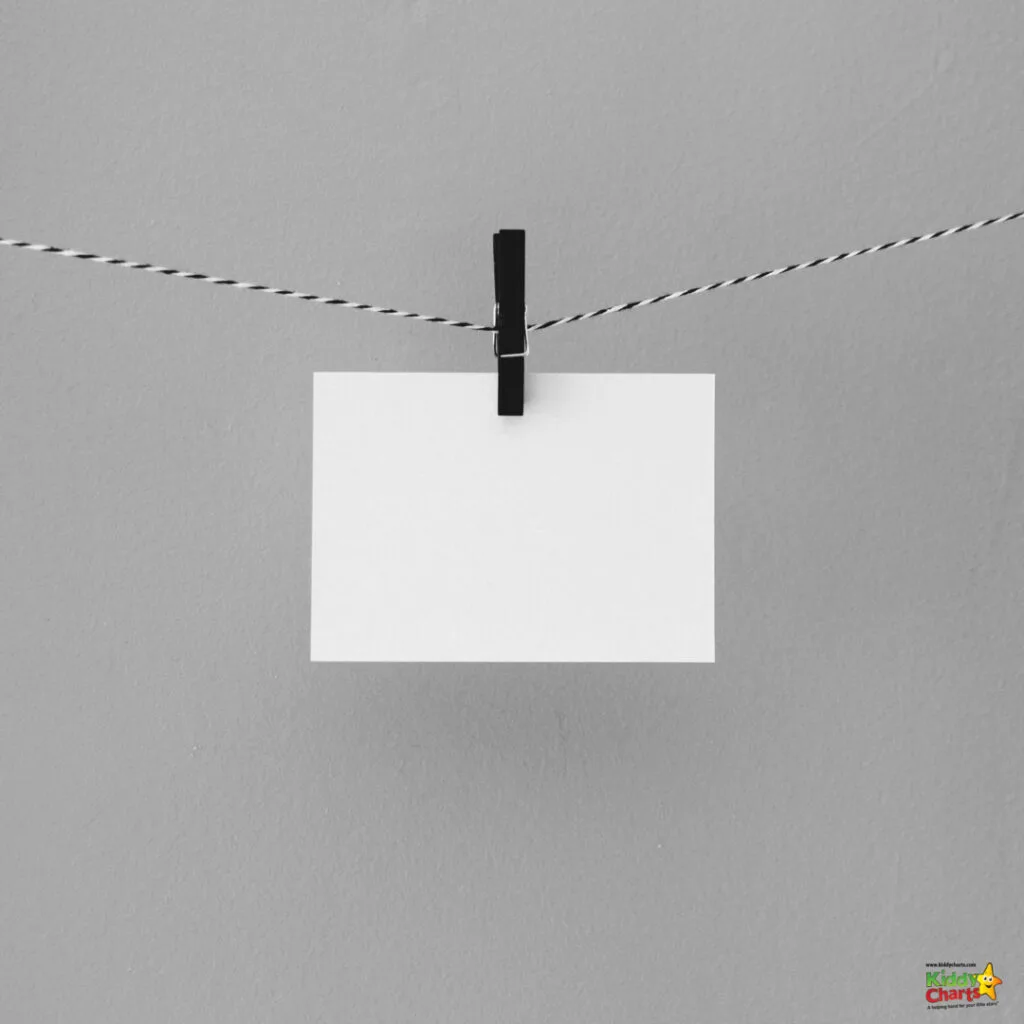
A standard meltdown will be a child throwing themselves on the sofa or the floor, usually crying and generally losing control. The more severe involve repetitive kicking and punching furniture and televisions and sometimes brothers, sisters and even mum and dad.
How to deal with ADHD meltdowns
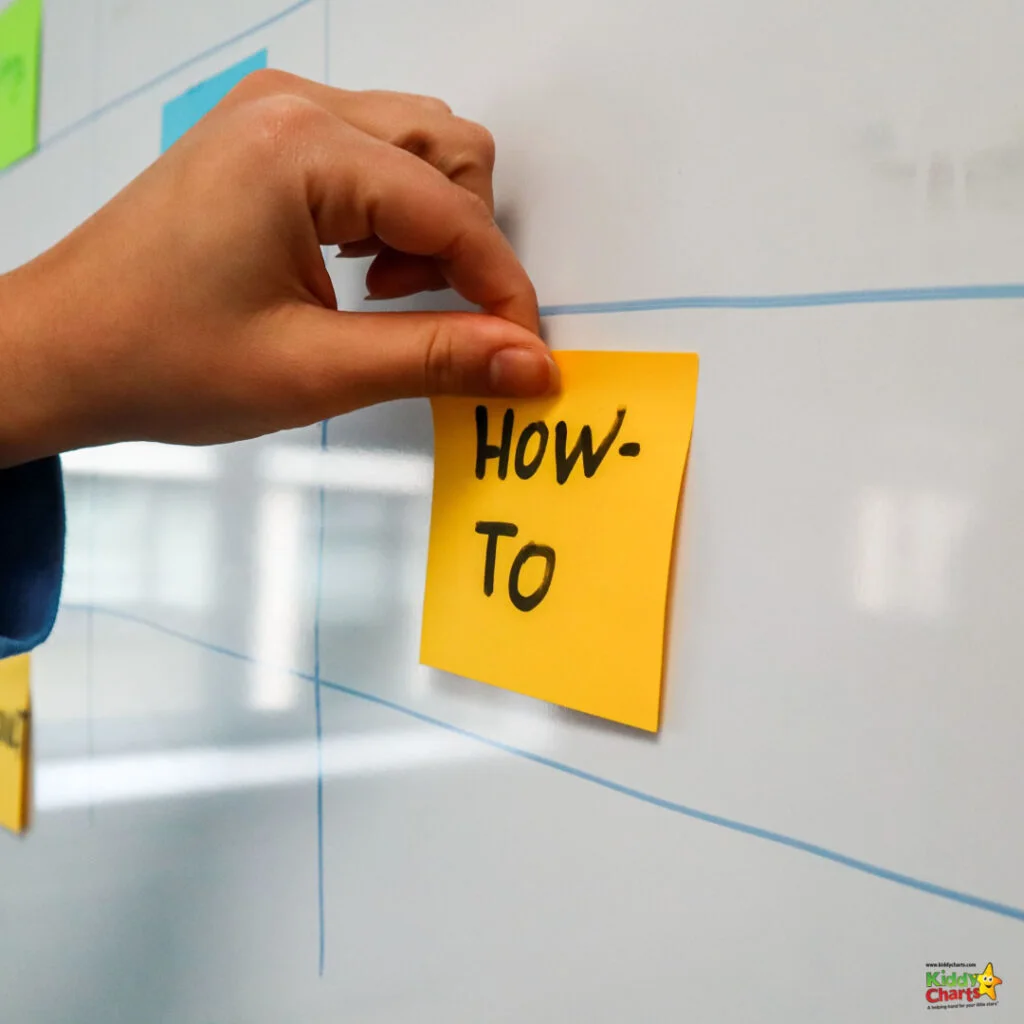
So how do you manage this? These are my top tips.
- During the meltdown is the worst time to find out how your child could have coped better. Don’t tell them off, never tell them to calm down, never raise your voice, but be calm constant and consistent.
- Make sure they can’t hurt themselves. So if there is anything in the way that might get caught up in the eye of the storm, remove it. And that includes people. Especially younger, brothers and sisters.
- Talk very softly to them, telling them that you are there for them and you want to help them when they are ready.
- Very gently ask questions. Ask if there’s anything you can do to help? Ask what it is they need to feel better?
- If they carry on screaming at you, and aren’t making any sense, then don’t push it. They may have a lot of flooding emotion that they need to get out and constant questioning is going to irritate them even more.
Age very much comes into it. If this is a two or three year old, then you aren’t going to want to leave them on their own for fear that they will hurt themselves. If this is a 14-year-old, it’s a very different story. Kids who are in their teens often find your very presence extremely irritating so your best strategy in this scenario is to leave them to it, BUT tell them you are downstairs, ready to have a chat with a cup of tea and chocolate biscuits, if they want to talk.
They might not be ready to talk until the next day, so you need to tread very carefully. But ultimately your aim is to find out what caused the meltdown and how to avoid the same thing happening in future. Your child will definitely know what caused them to react that way. And although to you, it might sound incredibly minor, it was obviously major enough for your child to react the way they did. So take them very seriously when you talk to them.
How to help reduce the number of ADHD meltdowns you experience
Remember, these children have rejection sensitive dysphoria, so if they tell you that it was “because you let their brother take the dog out for a walk and not them” don’t howl with laughter and say “oh for goodness sake was that all it was”. For them, at the time, it could’ve been causing major hurt because of the perceived rejection.

The key to fewer meltdowns is understanding why they have happened. Always let your child explain fully, make sure you show active, listening skills and allow your child to be involved in choosing how to avoid the same situation again in future. This really works. Let’s carry on with the dog example. If you decide that a rota would work better, so every day each brother knows who is walking the dog, then put that rota in place.
Sometimes a meltdown will be for a very unfathomable reason, but the vast majority of times there will be what appears to be a very legitimate reason to your ADHD child. Being taken seriously and treated like a little adult is very important for ADHD children. So whatever it is that has caused this humongous meltdown, do your very best to allow them to communicate what the problem was and how they would like to avoid the situation in future.
Pretty much all meltdowns can be avoided if you get this right, and it really is all about listening to the child, allowing them to explain what the problem was and for them to be involved in how to make sure that doesn’t happen in future.
Looking for more info on ADHD, then do check out these posts here as well:
ADHD resources on KiddyCharts Part 4
Here is the fourth set of resources for ADHD from the site. We have loads for you so do check out the other ones as well on our ADHD page.
Explaining ADHD to teachers: A communication guide for parents
ADHD is now undeerstood to be neurological: so what to say to your child's teachers and how to say it.
ADHD and cannabis: What to do if your ADHD kid starts smoking weed
Why kids with ADHD are more likely to try cannabis, and advice on what to di if they do.
ADHD and friendships: How to help your child
Information on how to help your kids with their friendships if they have ADHD.
If you are looking for info on other sites, do check these out instead:
Articles on ADHD from other sites
Here are some more articles from some other kid-related sites that also cover ADHD
Top Tips For Caring For Your Child Diagnosed With ADHD
Some tips and ideas for helping your child with ADHD.
The Surprising Link Between ADHD and Anxiety
As we have said, social anxiety is often linked to ADHD; here is another article looking at that link.
10 Things Other Parents Need to Know About ADHD in Girls
ADHD preents very differently between boys and girls. Here are some things that other parents should know about it.
If you like what you see – do sign up for our newsletter if you can:
We love having you on the site, and we really hope to see you again soon.
Helen
